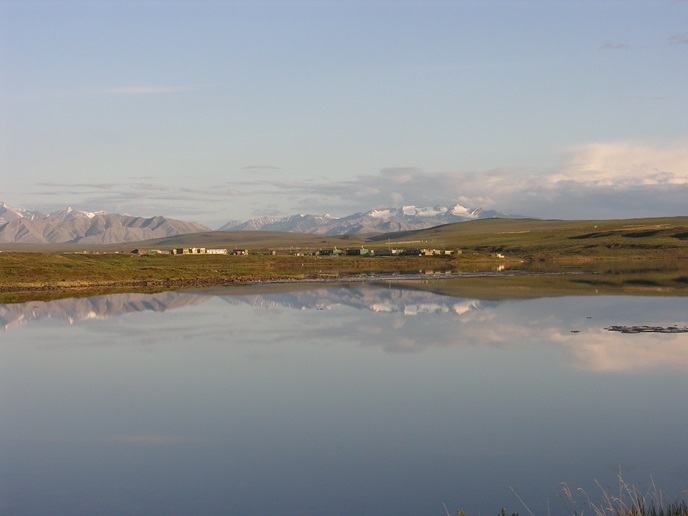What global warming and efforts to adapt mean for human health
Most projections of the number of deaths due to a warmer Europe, known as heat-related mortality, do not take into account the fact that adaptation is already happening. For this reason they may be an overestimation, according to Joan Ballester, assistant research professor of climate and health at the Barcelona Institute for Global Health(opens in new window) or ISGlobal. With the support of the Marie Skłodowska-Curie programme for his project ACCLIM, Ballester has spent the last 2 years producing a more accurate picture. He studied the recent trends in heat-related mortality and the theoretical decrease in this number due to adaptation together. “There are big efforts to adapt to climate change in terms of both mitigation and adaptation, we need to know if it is worth it. If not, we need to rethink,” he says. The dataset includes records of daily temperatures and deaths in 150 regions of Europe from 1998 to 2012. Analysing the information per country has allowed Ballester to see in which countries adaptation is working best. This insight could help shape future strategies and might be helpful for people needing to project Europe’s future health burden.
Mitigation is key
Ballester found adaptation to rising temperatures is certainly happening across Europe, but that the effects of the higher temperatures themselves cancel out the gains. “Every year we are less vulnerable to a given temperature, but as temperatures are increasing, the number of deaths is constant,” says Ballester. “We are decreasing the vulnerability but not the mortality. Only if we can limit the magnitude of climate change will we get to see real benefits,” he believes. Introducing GDP as another variable and looking at the differences between countries since the 2008 recession, produced some surprises. “We would normally expect economic growth to closely relate to well-being, but the countries which felt the economic shutdown less were the ones that experienced an increase in mortality,” adds Ballester. While the number of heat-related deaths decreased by 1.54 % per decade in Spain and by 1.96 % in Italy between 2008 and 2012, in Germany it actually increased by 0.37 % and in Poland by 2.25 % over the same period.
Dirty air not GDP
This suggests that heat-related mortality is pro-cyclical – it goes up during periods of economic expansion – but does not mean that an increase in GDP will directly cause more deaths. More economic and industrial activity is associated with higher levels of air pollution in cities, which would seem to indicate dirty air is the main culprit. Other factors contribute – in times of prosperity, people drive, drink and smoke more, whereas an economic downturn tends to limit people’s unhealthy habits. “I am not saying we should reduce economic growth because this will reduce mortality. The effects of austerity come several years later, and they might have an impact. The message is that we should reduce air pollution in cities so that economic growth is compatible with a healthy population,” explains Ballester. The climatologist will broaden the scope of his investigation in his next European Research Council(opens in new window) funded project www.early-adapt.eu (EARLY-ADAPT) by looking at temperature and the role of 11 environmental factors in mortality.







